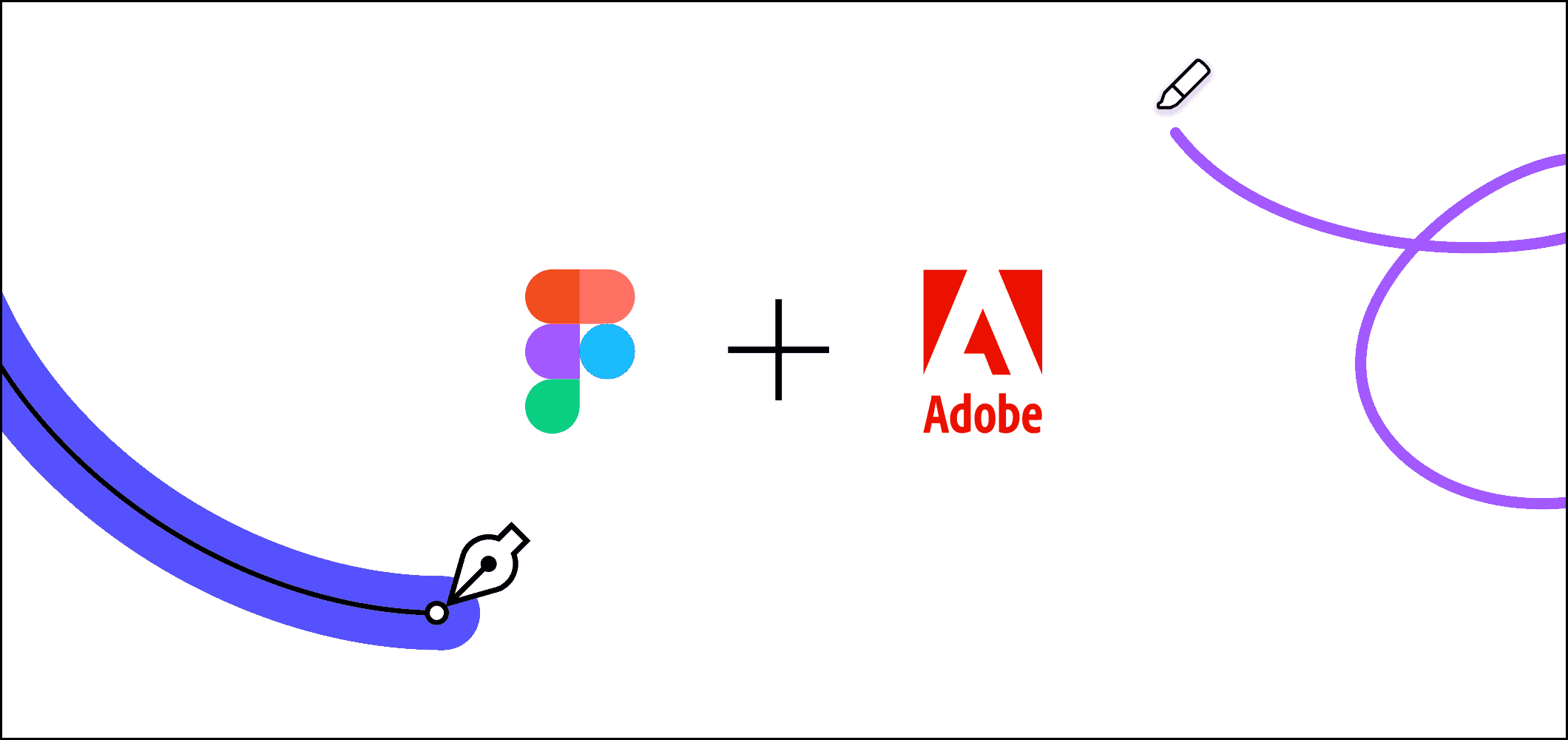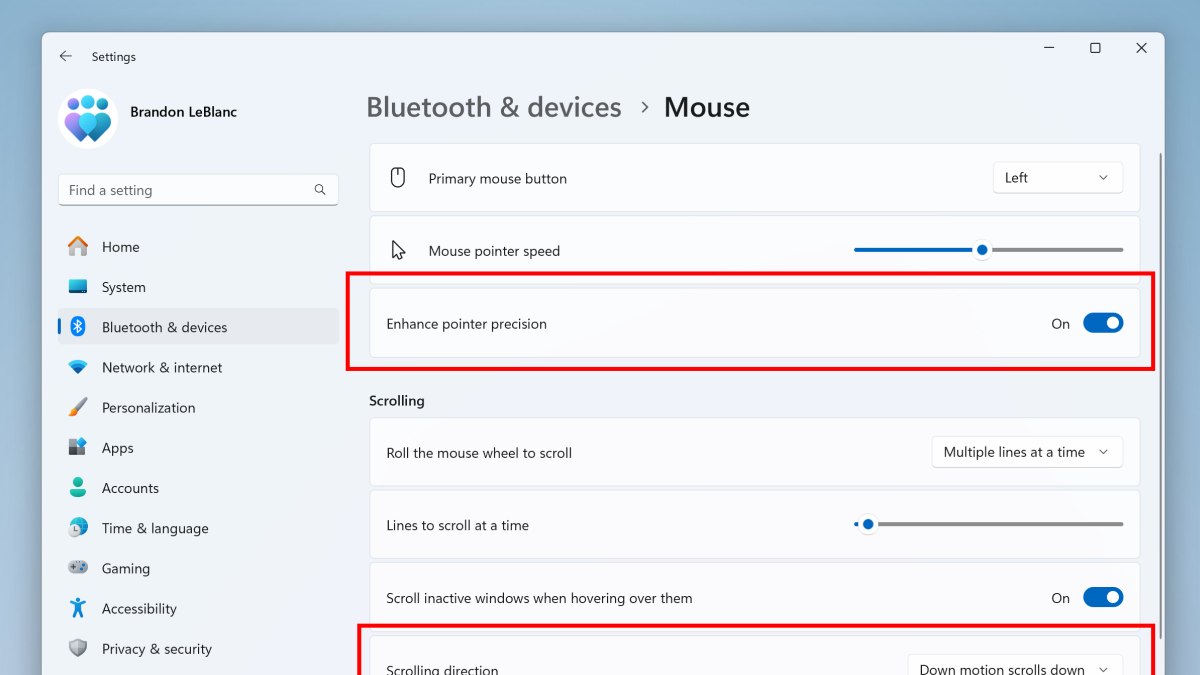Adobe and Figma call off merger after regulatory hurdles
2 min. read
Published on
Read our disclosure page to find out how can you help MSPoweruser sustain the editorial team Read more

Adobe and Figma, two major players in the design software world, have called off their planned merger. The companies announced the decision today, citing a lack of clear path to approval from regulatory authorities in the European Union and the United Kingdom.
The proposed merger, first announced in September 2022, would have seen Adobe acquire Figma for a mix of cash and stock valued at $20 billion. The deal was seen as a way for Adobe to bolster its dominance in the design market and for Figma to gain access to Adobe’s vast resources and reach.
However, from the outset, the deal faced scrutiny from regulators concerned about the potential for reduced competition in the design software market. The European Commission and the UK Competition and Markets Authority (CMA) both launched investigations into the merger, and it was clear that approval was unlikely.
In a joint statement, Adobe and Figma said they “strongly disagree with the recent regulatory findings” but “mutually agreed to terminate the transaction.” The companies said they “continue to believe in the merits and procompetitive benefits of the combination” but “believe it is in our respective best interests to move forward independently.”
However, both companies remain optimistic about their prospects. Adobe said it is “well positioned to capitalize on our massive market opportunity and mission to change the world through personalized digital experiences.” Figma said it is “confident in their continued innovation and growth” and “excited to find other ways to innovate on behalf of our respective communities with Adobe.”
The long-term implications of the failed merger remain to be seen. However, the design software market will likely remain competitive in the future, for now.
More here.








